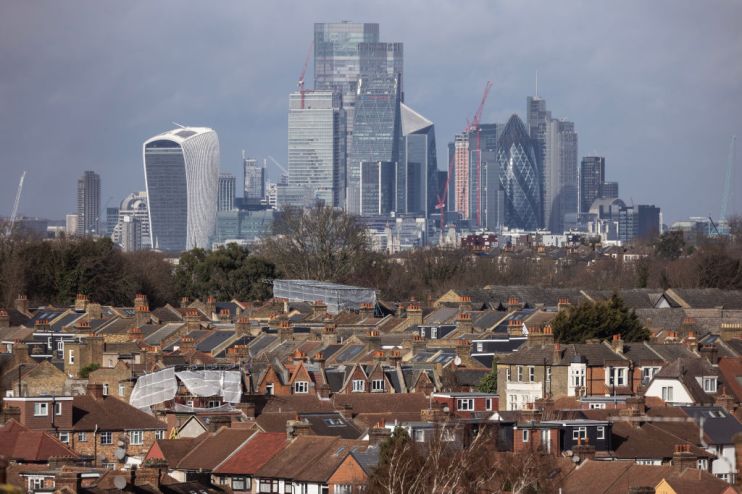UK pay on track to trail inflation for 15th month in a row as cost of living crisis bites

Wages are on track to trail inflation for the 15th month in a row, underscoring how much pressure the cost of living crisis is piling onto household finances, official figures out on Tuesday are expected to show.
Regular pay growth is projected to trim to 6.6 per cent over the three months to February, down slightly from the previous period, City analysts reckon the Office for National Statistics (ONS) will say this week.
Despite clocking big pay gains – on some measures rising at a record pace – the rate of price increases has eroded workers’ spending power.
Economists have projected the cost of living crisis could wipe off around £4,000 from family budgets by the end of next year, which would be among the largest falls in national living standards on record.
Sanjay Raja, senior UK economist at investment bank Deutsche Bank, said pay growth could top their forecasts if December’s quarterly figure is revised up.
He also reckons the unemployment rate held steady at 3.7 per cent, “but there are upside risks to our forecast especially with the single month jobless rate pushing to 3.95 per cent”.
Analysts at another investment bank Nomura disagree, arguing that the rate will nudge up to 3.8 per cent, likely driven by people flowing back into the labour market from economic inactivity or firms laying off staff in response to the UK’s economic weakening.
Signs that the jobs market is holding up well amid a sharp rise in interest rates and a demand slowdown could agitate officials at the Bank of England.
They are trying to bring inflation back down to their two per cent target, partly by knocking the jobs market to keep a lid on wage growth via ten straight rate increases.
Inflation expectations numbers out from the Bank on Friday will be closely watched by City traders for clues on whether households and businesses reckon elevated price increases are embedding into the economy.
Nomura also noted that stronger tax receipts and lower than forecast public spending so far this year means Chancellor Jeremy Hunt won’t have to borrow as much money as forecast by the Office for Budget Responsibility.
“It looks like the Debt Management Office (DMO) will have over-funded the current fiscal year (2022-23) to a modest degree, adding to the downward pressure on gilt issuance for 2023-24,” they said.
Hunt is estimated to have around £9bn to spend at Wednesday’s budget.